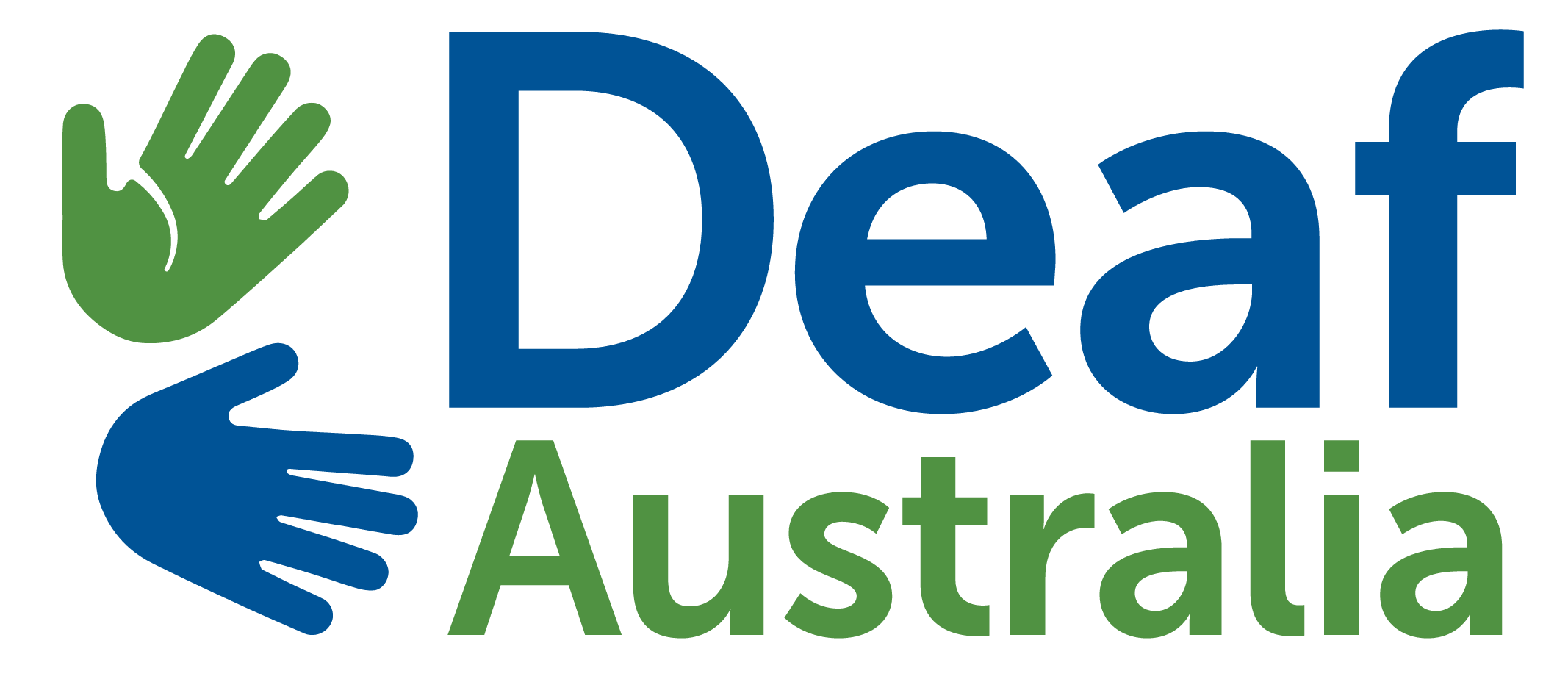No products in the cart.
The legislation to establish the National Disability Insurance Scheme passed the Parliament on 21 March 2013 – the NDIS has now become law!
Congratulations and a big thank you to everyone who has worked so hard to make this happen. And a special thank you to the chief drivers of it in the Parliament – Jenny Macklin in the House and Jan McLucas in the Senate; and also to Bill Shorten for his earlier and ongoing championing of the NDIS.
This week, the Government also announced the name for the scheme – DisabilityCare Australia.
According to the Government, the NDIS will give people with disability choice and control over the care and support they receive.
The Bill establishes the National Disability Insurance Scheme and the NDIS Launch Transition Agency (the Agency) to deliver the launch of the scheme.
About 26,000 people with significant and permanent disabilities, their families and carers, will benefit from the first stage of the NDIS. The Government has provided $1 billion to launch the NDIS from 1 July this year.
As a result of the agreement reached between the Australian and New South Wales governments in December last year, the NDIS will roll out in full across NSW by July 2018.
The Australian Government continues to work with other states and territories towards agreement to roll out the NDIS across Australia.
The Agency now has an established presence in the launch sites. When the scheme launches in July this year, there will be more than 250 people working in seven regional offices in the launch locations.
The Agency will work with people with disability to develop a personal plan that identifies the person’s needs, goals and life aspirations, and recognises the support they receive from family and friends. This plan forms the basis of the person’s funded NDIS support package which they can choose to manage themselves or with the help of local Agency workers, family or friends.
The Bill, and the amendments agreed during the Bill’s progress through the Parliament, was heavily shaped by the feedback the Government received from people with disability, their families, carers and service providers, through consultations across the country.
Agreed amendments included:
[tabset style=”vertical”] [tab title=”Amendment 1.” active=”yes”] Elevating the importance of certain obligations that Australia has as a party to the Convention on the Rights of Persons with Disabilities and explicitly recognising the broader context for disability reform. This ensures that the rights of people with disability, their families and carers are at the heart of the NDIS. [/tab] [tab title=”Amendement 2.” active=”no”] Clarification that people who need early intervention therapies and supports, including for degenerative conditions, and who are not better supported by another systems such as the health care system, can access the NDIS. [/tab] [tab title=”Amendment 3.” active=”no”] Clarification that all people who are NDIS participants will be able to choose to remain in the scheme after they turn 65. [/tab] [tab title=”Amendment 4.” active=”no”] Changes to the compensation provisions so that the NDIS Launch Transition Agency (the Agency) can conduct legal proceedings on behalf of a person with disability who does not choose to conduct those proceedings. [/tab] [tab title=”Amendment 5.” active=”no”] Ensuring the NDIS Board receives and considers actuarial advice, helping to safeguard the financial sustainability of the NDIS. [/tab] [tab title=”Amendment 6.” active=”no”] Recognising the important role of advocacy in the lives of people with disability. [/tab] [tab title=”Amendment 7.” active=”no”] Bolstering the requirements for representation of people with disability on the NDIS Advisory Council. [/tab] [/tabset]


